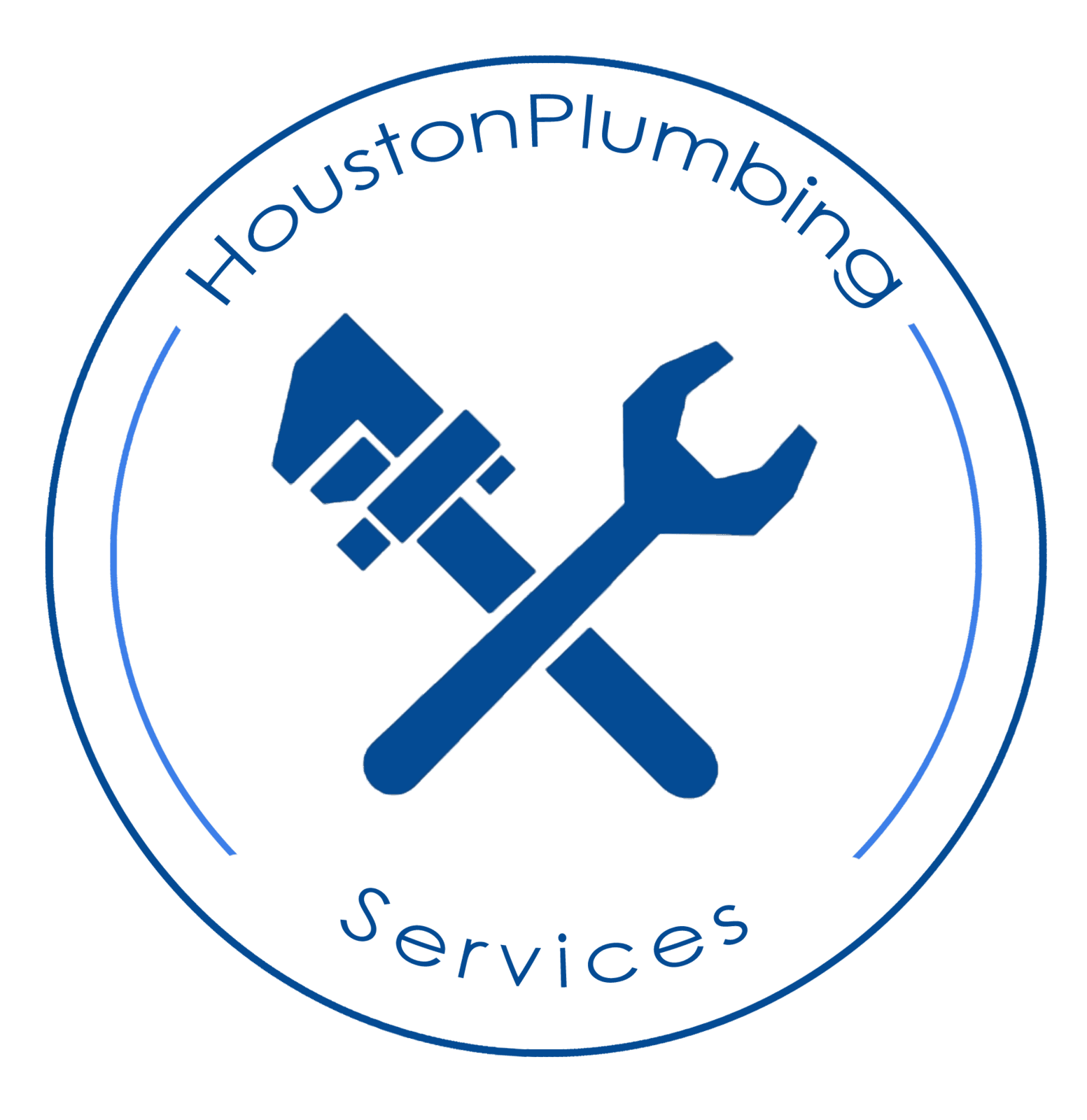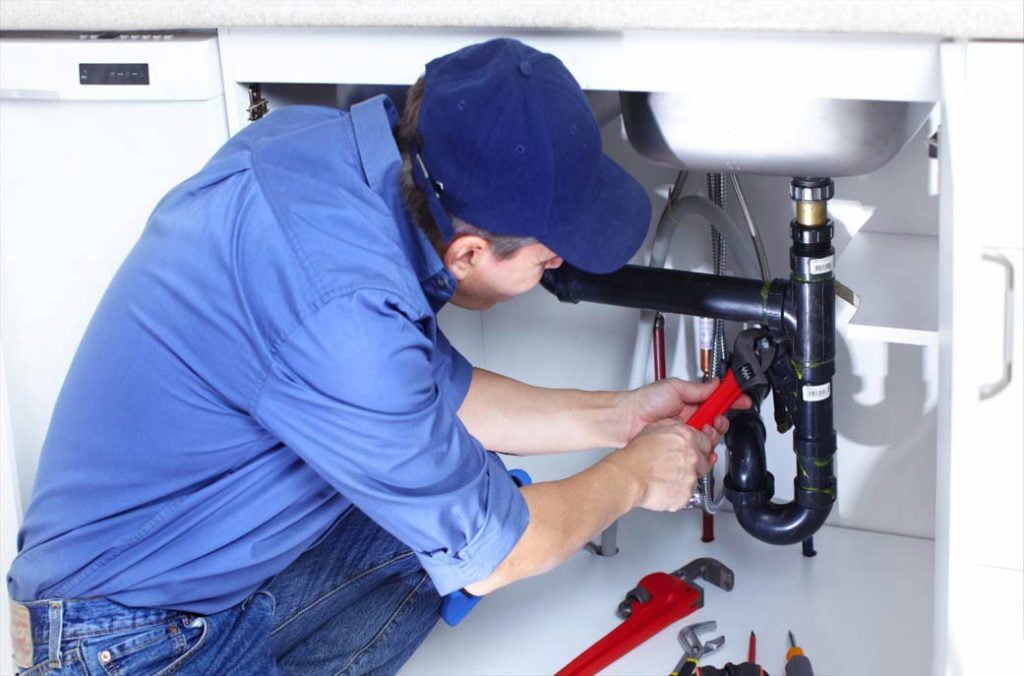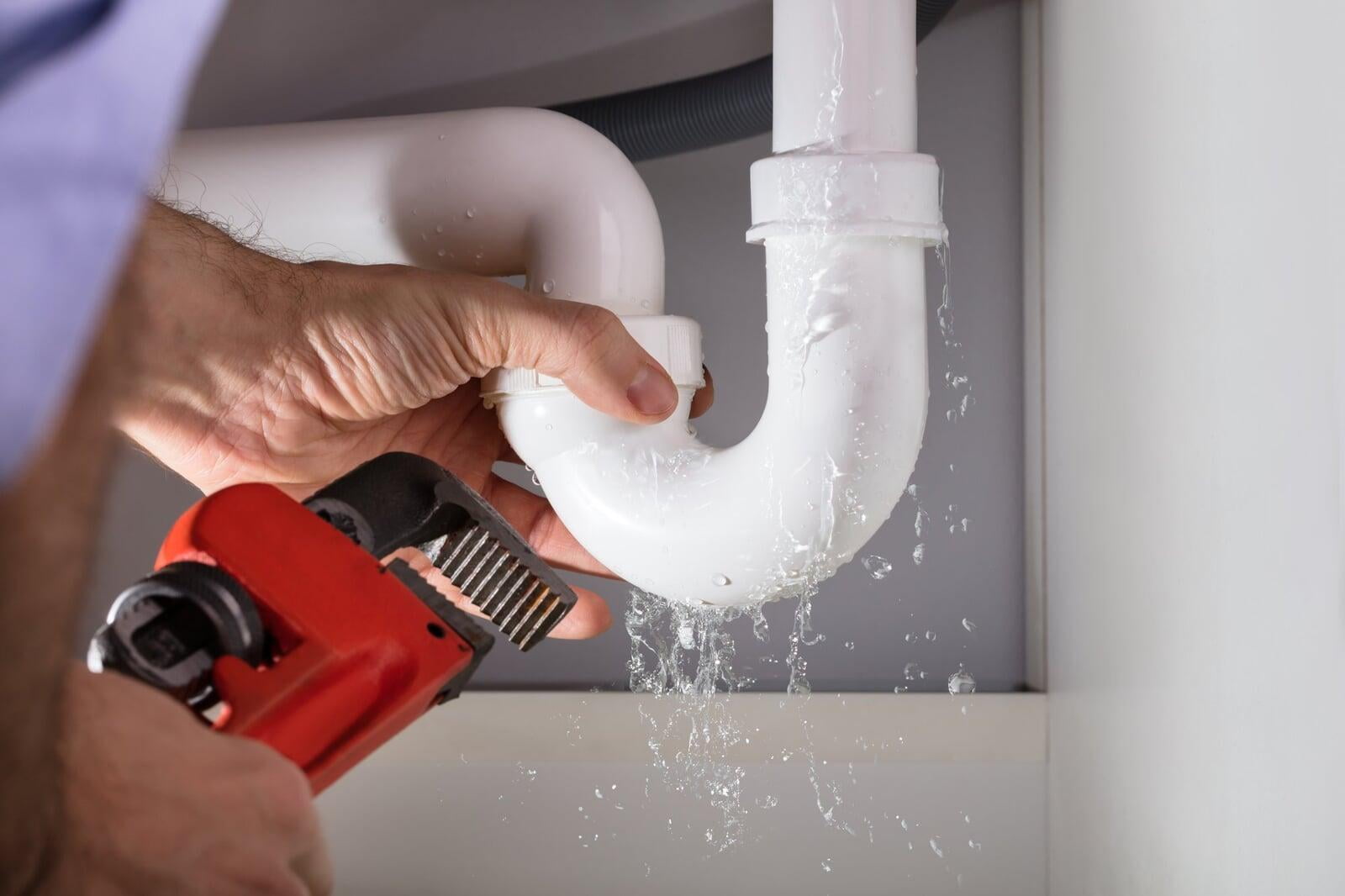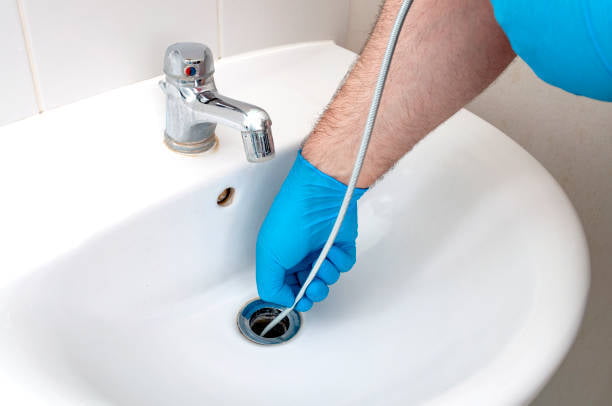The Importance of Regular Drain Pipe Cleaning & Maintenance
The Importance of Regular Drain Pipe Cleaning & Maintenance
If you live in Houston, then you know how important it is to have a functioning and reliable drainage system. After all, with all the rain and thunderstorms we get here, a clogged or broken drain pipe can easily lead to flooding in your home. That's why it's important to have a regular maintenance and cleaning schedule for your drain pipes. Doing so will not only prolong the life of your drainage system but also save you money in the long run.
Why You Should Clean Your Drain Pipes Regularly
Cleaning your drain pipes on a regular basis is important for several reasons. First, it prevents clogs from forming in the first place. Over time, hair, food waste, grease, and other debris can build up inside your drain pipes and cause them to become blocked. If you don't clean your pipes regularly, then these blockages will eventually become big enough to cause problems. In addition to causing plumbing issues, clogged drain pipes can also lead to bad odors coming from your drains. And that can cause expensive plumbing repairs by Houston plumbers.
Another reason why you should clean your drain pipes is because it helps to prevent flooding. If your drainage system is working properly, then any excess water from rain or thunderstorms will be able to flow freely through the system and be discharged into the city sewers. However, if your drain pipes are clogged, then this water has nowhere to go except back up into your home through the drains. This can quickly lead to flooding, especially if there is a heavy downpour.
Finally, regular drain pipe cleaning and maintenance helps to prolong the life of your drainage system as a whole. By removing any built-up debris from the pipes, you are lessening the chance of corrosion and other damage that can occur over time. This will save you money in the long run as you won't have to replace your drains as often as you would if you let them get clogged up with gunk.
As you can see, there are many good reasons why you should make sure to clean and maintain your drain pipes on a regular basis. If you need help with drain pipe cleaning or maintenance in Houston, then be sure to contact best plumbers Houston today!
Cost of Removing Damages Pipes in Houston
Cost of Removing Damages Pipes in Houston
Let’s face it, we all know that water damage is one of the most expensive problems that a homeowner can have. Not only are there the direct costs of repairs, but there is also the cost of time spent dealing with the issue. Water damage can cause all sorts of problems, from mold and mildew to structural damage. One of the most common causes of water damage is damaged pipes. If you live in Houston, you may be wondering how much it will cost to remove damages pipes.
The first thing you need to do is assess the damage. How many pipes are damaged? What is the extent of the damage? Once you have a good idea of the scope of the problem, you can begin to look for the best plumbing in Houston. It is important to get several estimates before selecting a contractor. Be sure to get references and check out their previous work. Once you have chosen a contractor, they will provide you with a detailed estimate of the cost of repairs.
The cost of removing damages pipes in Houston will vary depending on the extent of the damage and the number of pipes that need to be repaired or replaced. In most cases, you can expect to pay between $500 and $3,000 for repairs. However, if extensive repairs are needed, the cost could be as high as $10,000 or more.
If you have damaged pipes in your home, it is important to get them fixed as soon as possible. The sooner you take care of them, the less likely it is that further damage will be done. You can call plumbing companies in Houston near you for the free evaluation.
All About Grease Traps and How They Can Help Keep Your Drain Pipes Clean
All About Grease Traps and How They Can Help Keep Your Drain Pipes Clean
If you own a restaurant or any other type of commercial kitchen, then you know that grease can be a real problem when it comes to drain pipe clogs. Fortunately, there is a solution: grease traps. Grease traps are designed to capture grease and oil before it has a chance to enter your drains and cause a clog. Today, we'll explain what grease traps are, how they work, and why they're such an important part of keeping your drain pipes clean.
What Is a Grease Trap?
A grease trap is a device that is installed in the drainage line between your commercial kitchen sink and the city sewer system. The purpose of a grease trap is to intercept fats, oils, and greases (FOG) before they enter the sewer system and cause clogs. You may have seen this device in the hands of best Houston plumbers if in past you have gone through a clogged drain issue.
Grease traps come in all shapes and sizes, but most consist of a chamber with an inlet and outlet. As FOG-laden wastewater enters the chamber through the inlet, it slows down and starts to cool. This causes the FOG to solidify and float to the top of the chamber while the wastewater continues to flow out through the outlet.
There are two main types of grease traps: passive and active. Passive grease traps are gravity-fed, meaning they rely on gravity to separate FOG from wastewater. Active grease traps, on the other hand, use pumps to force wastewater through a series of baffles or filters that remove FOG before it can enter the sewer system.
How Often Should I Clean My Grease Trap?
Passive grease traps should be cleaned every three months or so, while active grease traps will need to be cleaned more frequently—usually once per month. Of course, these are just general guidelines—the frequency with which you'll need to clean your grease trap will depend on factors like how much FOG is entering your trap and the size of your trap.
If you're not sure how often you should be cleaning your grease trap, it's best to the best plumbers in Houston. That way, you can avoid costly drain pipe clogs caused by FOG buildup.
How to Clean a Grease Trap
How to Clean a Grease Trap
If you have a grease trap, it’s important to clean it on a regular basis. Otherwise, FOGs can build up and cause blockages, unpleasant odors, and pest problems.
How Often Should I Clean My Grease Trap?
The frequency with which you need to clean your grease trap will depend on several factors, including the type of business you have, the size of your grease trap, and how much wastewater your business generates. For most businesses, cleaning the grease trap every three months is sufficient. However, you may need to clean it more often if you generate a lot of wastewater or if your business is in the foodservice industry.
If you’re not sure how often to clean your grease trap, we recommend that you check with your local municipality or contact a professional drain cleaning service for assistance.
Step-by-Step Guide to Cleaning a Grease Trap
Cleaning a grease trap is not a difficult task, but it is one that should be performed carefully to avoid damaging the unit. Here’s a step-by-step guide to help you through the process:
1) Pump out the water: The first step is to pump out all of the water from the grease trap. You can do this with a wet/dry vacuum or by renting a pump from your local hardware store. Be sure to disconnect any hoses or pipes that are connected to the grease trap before pumping out the water. If you don’t want to get in all these, it’s better to hire plumbing service Houston from the experts.
2) Remove the solid waste: Once all of the water has been removed from the grease trap, use a shovel or scoop to remove any solid waste that has accumulated in the unit. This waste can then be disposed of in your garbage can.
3) Clean the inside of the unit: Next, use a stiff brush and hot water to scrub away any remaining residue from the inside of the unit. You may also need to use some degreaser if there is stubborn residue that won’t come off with just hot water. Once you’ve finished scrubbing away the entire residue, rinse out the unit with fresh water until it runs clear.
4) Pump fresh water into the unit: Finally, pump fresh water into the unit until it’s full. This will help remove any remaining degreaser or residue from inside the unit. Once the unit is full of fresh water, reconnect any hoses or pipes that were disconnected earlier and close up any openings in the unit so that animals cannot get inside.
Grease traps play an important role in keeping our sewer systems functioning properly by capturing fats, oils, and greases before they have a chance to cause problems. If you have a grease trap on your property, it’s important to clean it on a regular basis so that it continues working properly. Cleaning a grease trap is not difficult, but it does require some time and effort.
For more help you can visit our plumbing company Houston website!
Drain Pipe Installation in Houston (Repiping)- What If the Pipe Is Broken?
Drain Pipe Installation in Houston (Repiping)- What If the Pipe Is Broken?
The process of installing a new drain pipe in your home can be daunting, and it's even more so if you're not sure what to do if something goes wrong. Luckily, our best plumber in Houston at Houston Plumbers is here to help. Let’s know what to do if your drain pipe is broken during installation and how our plumber Houston can help with repiping in Houston.
The first thing you should do if your drain pipe is broken during installation is to shut off the water immediately. This will help prevent any further damage from occurring.
Next, you'll want to call our team for plumbing Houston TX. We offer emergency repiping services in Houston 24 hours a day, 7 days a week. Our team of experienced plumbers will be able to quickly assess the situation and provide you with options for repairing the pipe or replacing it entirely.
If you find yourself in the situation where your drain pipe is broken during installation, don't panic! Shut off the water immediately and then give our team at plumbing Houston a call. We're always here to help with all your piping needs, big or small!






